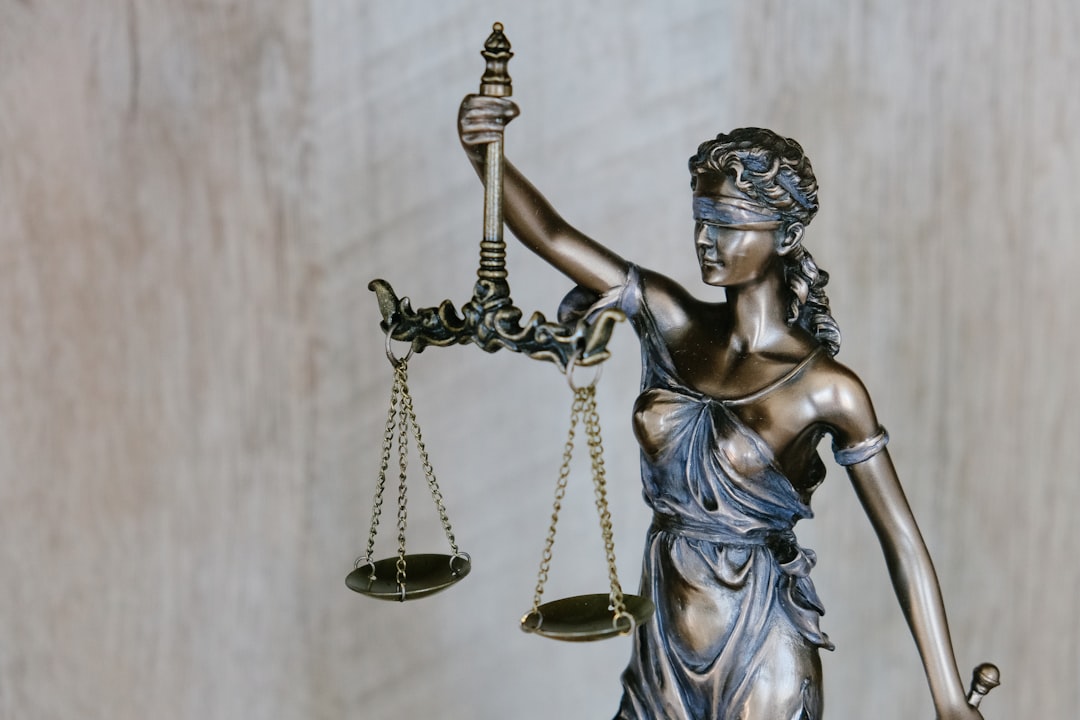Philadelphia's window washing businesses face a legal challenge with the Telephone Consumer Protection Act (TCPA) to avoid "unwanted call law firm Philly" issues. They must obtain explicit consent for automated calls, maintain records, train staff, and prioritize customer privacy to build trust and thrive in a competitive market while staying compliant.
“Modena Park: Exploring TCPA Protection for Philadelphia’s Window Washers. In the bustling city of Philly, window washers face unique challenges amidst increasing regulations surrounding unwanted calls. This article delves into the Telephone Consumer Protection Act (TCPA) and its implications on their work. We’ll navigate legal protections for washers against nuisance calls, explore best practices for compliance, and guide firms through the intricacies of staying TCPA-compliant in a competitive market. Understanding these measures is crucial for both washer safety and business success.”
Understanding TCPA and Window Washing in Philly

In the bustling city of Philadelphia, window washing is more than just a service; it’s a vital part of the urban landscape. With tall buildings and historic homes, the demand for professional window cleaners is high. However, this industry faces unique challenges due to the Unwanted Call Law (TCPA), a federal regulation designed to protect consumers from unwanted phone calls. The TCPA restricts telemarketing practices and requires businesses to obtain explicit consent before making automated or prerecorded calls. For window washer operators in Philly, adhering to these rules is crucial to avoid legal repercussions and maintain customer trust.
Philadelphia’s diverse and bustling nature means many businesses, including window washing firms, must navigate a complex legal environment. Understanding the TCPA and its implications for their operations is essential. By ensuring compliance, these companies can protect themselves from potential lawsuits filed by consumers under the Unwanted Call Law firm Philly and foster long-lasting relationships with clients who value privacy and respect for their time.
Unwanted Calls: Navigating Legal Protections for Washers

In the fast-paced world of window washing, staying on top of legalities can be a challenge. One common issue that modal park operators and workers often face is unwanted calls, specifically those related to telemarketing and auto warranty services. These unsolicited phone calls can disrupt work routines and create an uncomfortable environment for window washers who are already on their feet, scaling buildings.
Navigating the legal protections available to them is crucial. In Philadelphia, there’s a robust legal framework in place to curb unwanted calls, with laws like the Telephone Consumer Protection Act (TCPA) that restricts automated phone systems and prerecorded messages from contacting individuals without prior consent. For window washers, this means that any telemarketing calls they receive should be opt-in, and their privacy rights respected. Consulting a reputable unwanted call law firm Philly can help ensure compliance with these regulations, providing peace of mind for workers and the businesses they serve.
Best Practices for Compliance: A Guide for Window Washer Firms

Window washing firms operating in Philadelphia need to be aware of and comply with the Telemarketing and Consumer Protection Act (TCPA) to avoid unwanted calls and potential legal repercussions. The TCPA restricts telemarketing practices, including robocalls, and provides consumers with the right to stop receiving such calls. To ensure compliance, window washer firms should implement best practices: first, obtain explicit consent from customers before making any sales or marketing calls; second, maintain detailed records of customer preferences and opt-out requests; third, use automated dialing systems responsibly, allowing subscribers to easily unsubscribe; and fourth, regularly train staff on TCPA regulations.
By adhering to these guidelines, firms can protect themselves from becoming entangled in legal disputes with the “unwanted call law firm Philly” or any other consumer protection agency. Additionally, fostering transparent communication with customers will enhance the company’s reputation and build trust, ensuring long-term success in a highly competitive industry.






